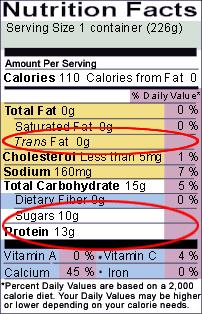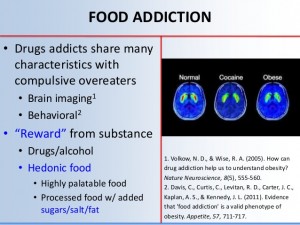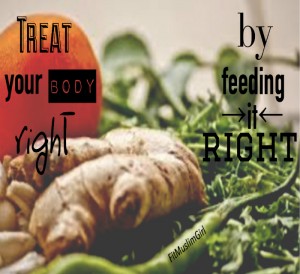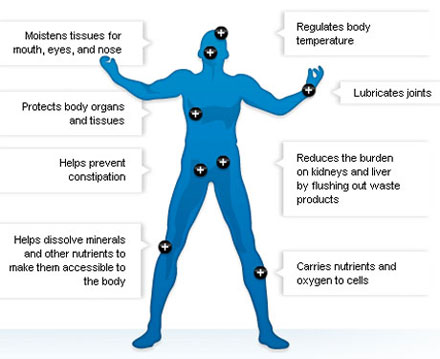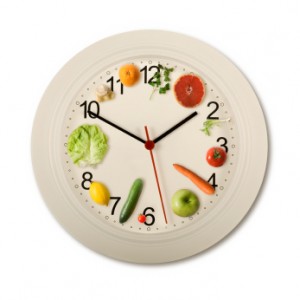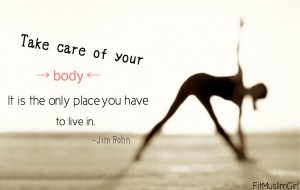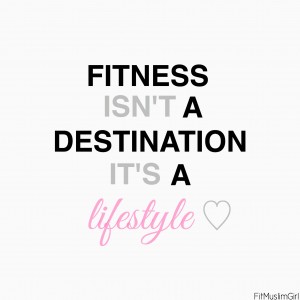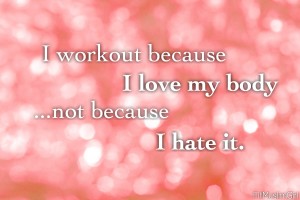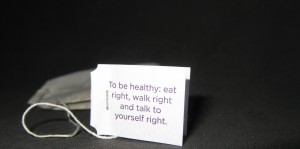The key to maintaining a healthy diet is understanding how to eat right in the first place. The diet industry could not be more confusing with its conflicting views, fad diets and continuous altering of information.
In reality, a healthful diet is actually quite simple. Once you know the basics you can alter it to fit your lifestyle and your taste buds. Here are 7 principles of healthful eating.
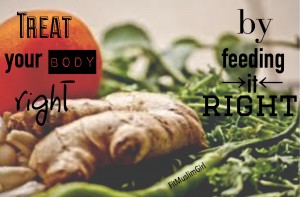
Eat Real Food
In general, you want to be sure you are consuming whole, nutritious foods such as in-season fruits and veggies, whole grains (quinoa, brown rice, etc.), whole grain bread/pasta, lean meats, Greek yogurt, hummus, nuts and seeds, all natural nut butters, organic eggs, beans, and water.This is not a definite list but a general idea of good foods to consume.
For the most part try to avoid processed/boxed foods, sodas and other sugary drinks, fast food, fried food, white bread, refined pasta, canned foods, chips, and candy.
The 80/20 rule
While it is important to get the majority of your calories from clean foods, there has to be some room for treats, otherwise you will be miserable and probably won’t last too long on the diet. A general rule of thumb is to eat clean 80% of the time and treat yourself the other 20% of the time. Allow a small treat every day or every other day, or allow for a big treat a few times per week.

Eat Less Meat
While meat offers a good source of protein, iron and vitamin B12, it also packs a lot of saturated fat and cholesterol. For this reason, meat should make up a small majority of your diet. For the most part the baseline of a healthful diet should consist of grains, nuts, seeds, fruits and vegetables; think Mediterranean diet. Nuts, beans, and whole grains are all great replacements for meat as they contain a lot of protein with better (or no) fats and a lot of fiber.
Reduce Sodium and Sugar Intake
While both sodium and sugar are essential parts of the human diet, it is safe to say that most people get more than enough. How can we avoid eating too much? First of all, staying away from the boxed foods is a start. These foods typically contain a huge amount of added sodium or sugar, especially if the labels read “low-fat” or “non-fat.”
Try to avoid adding extra salt while cooking; remember that a little bit can go a long way. Use flavorful spices and a lot of fresh herbs to count for a lack of salt.
It is also wise to limit fruit intake to 1-2 servings per day, as many fruits contain a lot of sugar. Instead of reaching for an apple, go for a serving of berries as they are known for their low sugar content.
Wholesome Grains
Replace refined grains such as white bread, white rice, white potato, white pasta with whole grains. Whole grains are foods like steel-cut or rolled oats, brown rice, sweet potato, whole wheat bread/tortilla/pasta, quinoa, couscous, whole grain barley, lentils, etc.
Instead of white toast in the mornings try having some oatmeal and berries with your eggs. Instead of croutons add some quinoa to your salad. Try some brown rice on the side for dinner.
Healthy Fats
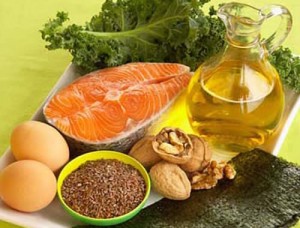 Many people are confused about fats. Fats are an extremely important energy source for the body and the brain. There are two important things to know about fats.
Many people are confused about fats. Fats are an extremely important energy source for the body and the brain. There are two important things to know about fats.
1) You want to know which fats are good for you. The “bad” fats are saturated and trans fats which are found in foods like dairy, beef products, palm and coconut oil, butter, and fried foods. The “good” fats are polyunsaturated and monounsaturated fats which are found in foods such as nuts and seeds, nut butters, vegetable oils, oily fish like salmon, avocado, olives, etc.
2) You need to know that fats contain more calories per gram than do carbohydrates and protein. So, although fats are extremely beneficial, you need to ensure you are not over-eating them. I will discuss this next.
Watch Portion Sizes
The easiest, and really only, way to gain extra unwanted weight is by eating too much. While unhealthy foods may be the culprit of various diseases, calories are the one and only culprit of weight gain. No matter what you are eating you need to have an understanding of healthy portion sizes. Does that mean you need to measure everything you eat? Certainly not. Here are some general tips.
- Women should have about 3-4 oz of meat or a portion of meet the size of your palm
- Carbohydrates (rice, beans, quiono, etc.) should be between ½-1 cup or a portion the size of one cupped-hand.
- Because they are so low in calories yet high in nutrients, there is no limit of vegetables. In general about 2 cups, or two cupped-hand sizes is recommended. Shoot for a lot of leafy green vegetables.
- Have 1 medium sized whole fruit or 1 cup (or size of a cupped-hand) of berries
- Consume about 1 oz, or a serving the size of your thumb, of nuts/oils.
- The portion size for nut butters is 1 tbsp per serving.
- Listen to your body: eat when you are hungry, stop when you are full.

To sum it up
The majority of your diet should consist of real, whole foods.
Limit processed and junk food but do not completely cut it out. Follow the 80/20 rule.
Try to consume less meat and more beans and whole grains.
Be aware of your salt and sugar intake.
Replace refined grains with wholesome grains.
Pay attention to the type and amount of fats you consume.
Be conscious of portion sizes.
Continue reading →



